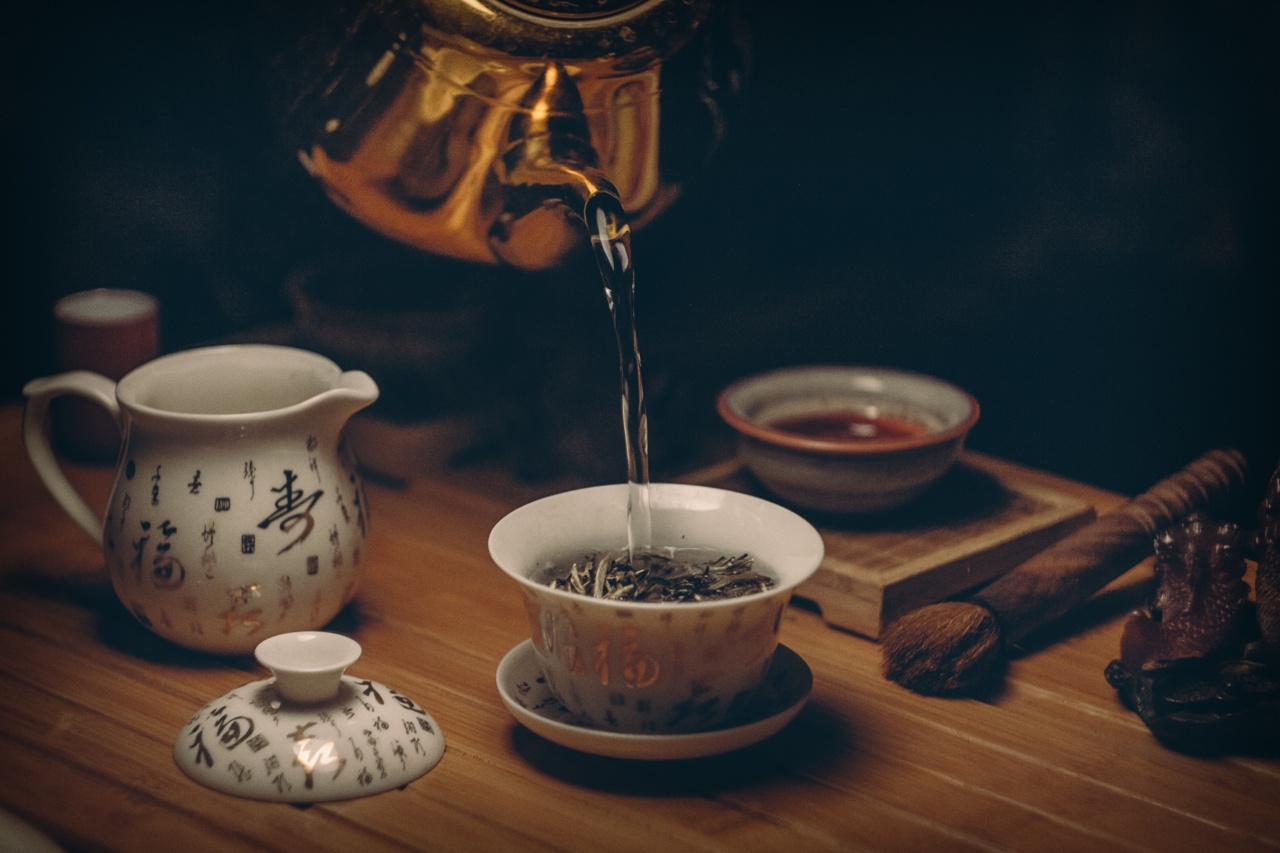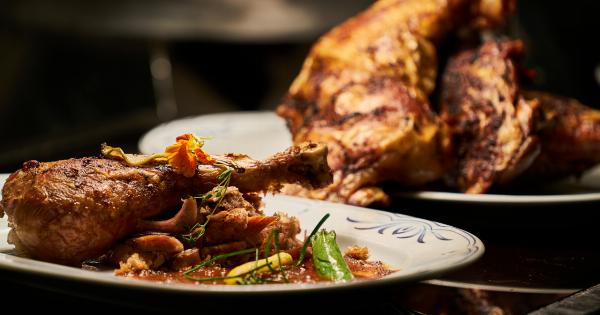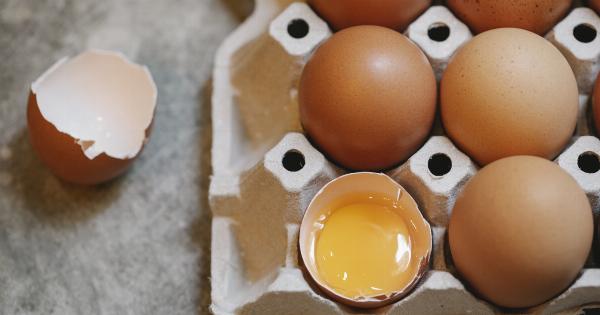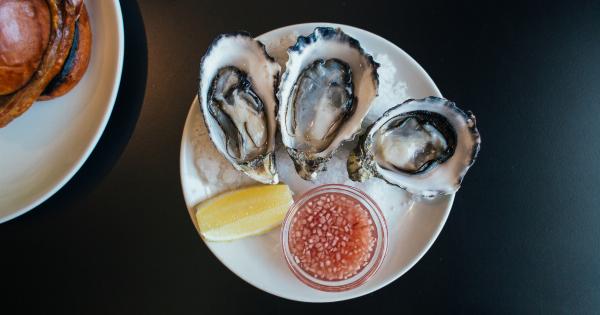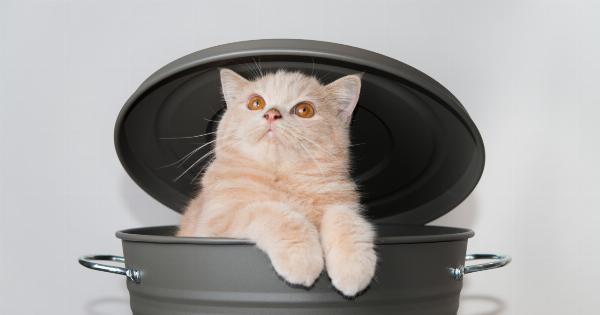Have you ever been in a situation where you were running late for dinner and decided to quickly add some water to your piping hot dish to speed up the cooking process? Or maybe you were just trying to reheat some leftovers, but thought adding water would make it taste better? Whatever the reason, watering hot foods is a bad idea and can actually have some negative consequences on both the taste and nutritional value of your food.
What Happens When You Add Water to Hot Foods?
When you add water to hot foods, you’re essentially diluting the flavors and nutrients that are already present in the dish.
If you’re cooking a soup or stew, adding water may seem like a logical way to thin out the liquid, but it actually causes the flavors to become less concentrated. The same goes for reheating leftovers, as water can water down the mixture and make it less flavorful.
Another issue with adding water to hot foods is the impact it can have on the texture of your dish. When you add water to a hot dish, it can make the ingredients mushy and lead to an unappetizing texture throughout.
Why You Shouldn’t Water Hot Foods
While it may seem harmless to add water to hot foods, especially if you’re looking to save time or improve the taste, there are several reasons why this can be a bad idea.
1. Altering the Nutrition
As previously mentioned, adding water to hot foods can dilute the nutrients that are already present in the dish. This is especially true when it comes to vegetables, which can become less nutritious and lose their vitamins when water is added.
If you’re looking to maintain the nutritional value of your food, it’s best to avoid adding water and to cook your dish to the desired consistency without sacrificing the taste or texture.
2. Affecting the Flavor Profile
One of the biggest reasons why you shouldn’t water hot foods is the impact it can have on the flavor profile. Adding water to a dish can cause the flavors to become less intense and lead to a less savory overall taste.
It can also water down any spices or seasonings that you’ve added to the dish, making it less flavorful and enjoyable to eat.
3. Changing the Texture
Adding water to hot foods can also change the texture of the dish. It can lead to a mushy consistency that is unappetizing and unpleasant to eat.
This is especially true for dishes like casseroles or stews, which can become soupy and lose their structure when water is added.
4. Time-Consuming
Believe it or not, adding water to hot foods can actually be more time-consuming in the long run. Not only does it take time to heat up the water, but it also takes time for the water to be absorbed into the dish.
This can lead to a longer cooking process and can be frustrating if you’re trying to get dinner on the table quickly.
5. Safety Concerns
Finally, adding water to hot foods can actually be a safety concern. When you add water to a hot dish, it can create a lot of steam and heat, which can lead to burns or other injuries.
It’s always best to avoid adding water to hot foods and to cook your dishes using the recommended methods and temperatures.
Alternatives to Adding Water to Hot Foods
Now that you know why it’s a bad idea to add water to hot foods, you may be wondering what alternatives exist. Fortunately, there are several alternatives that can help you achieve the desired consistency and flavor without diluting your dish.
1. Broth or Stock
If you’re looking to thin out a soup or stew, try using a low-sodium broth or stock instead of water. This will help to maintain the flavor profile while also adding some moisture to the dish.
2. Vinegar or Citrus Juice
If you’re looking to add some acidity to your dish, try using vinegar or citrus juice instead of water. This will help to brighten the flavors while also adding some moisture to the dish.
3. Wine
If you’re cooking a meat-based dish, try using a splash of wine to add some flavor and moisture. This will also help to tenderize the meat and make it more enjoyable to eat.
4. Butter or Cream
For cream-based soups or stews, try using a bit of butter or cream to add some richness and moisture to the dish. This will help to maintain the texture and flavor, while also making the dish more satisfying to eat.
Conclusion
In conclusion, it’s never a good idea to add water to hot foods.
Not only does it dilute the flavors and nutrients that are already present in the dish, but it can also lead to negative consequences on the texture and overall enjoyment of the dish. Instead, try using alternatives like broth, vinegar, wine, or butter to achieve the desired consistency and flavor without sacrificing the nutritional value or taste of your food.
